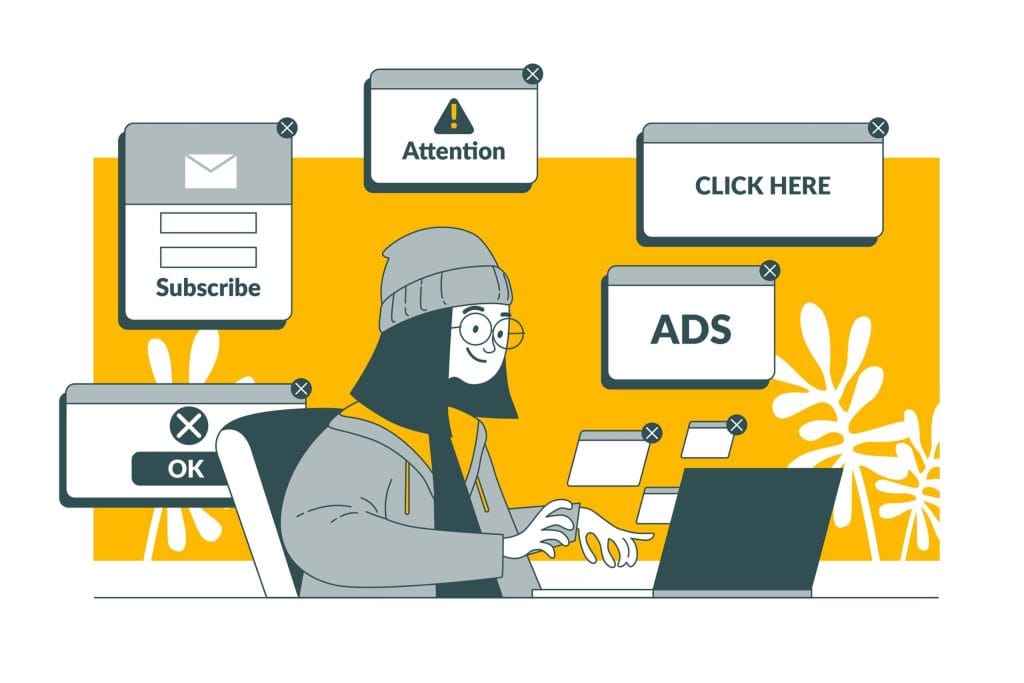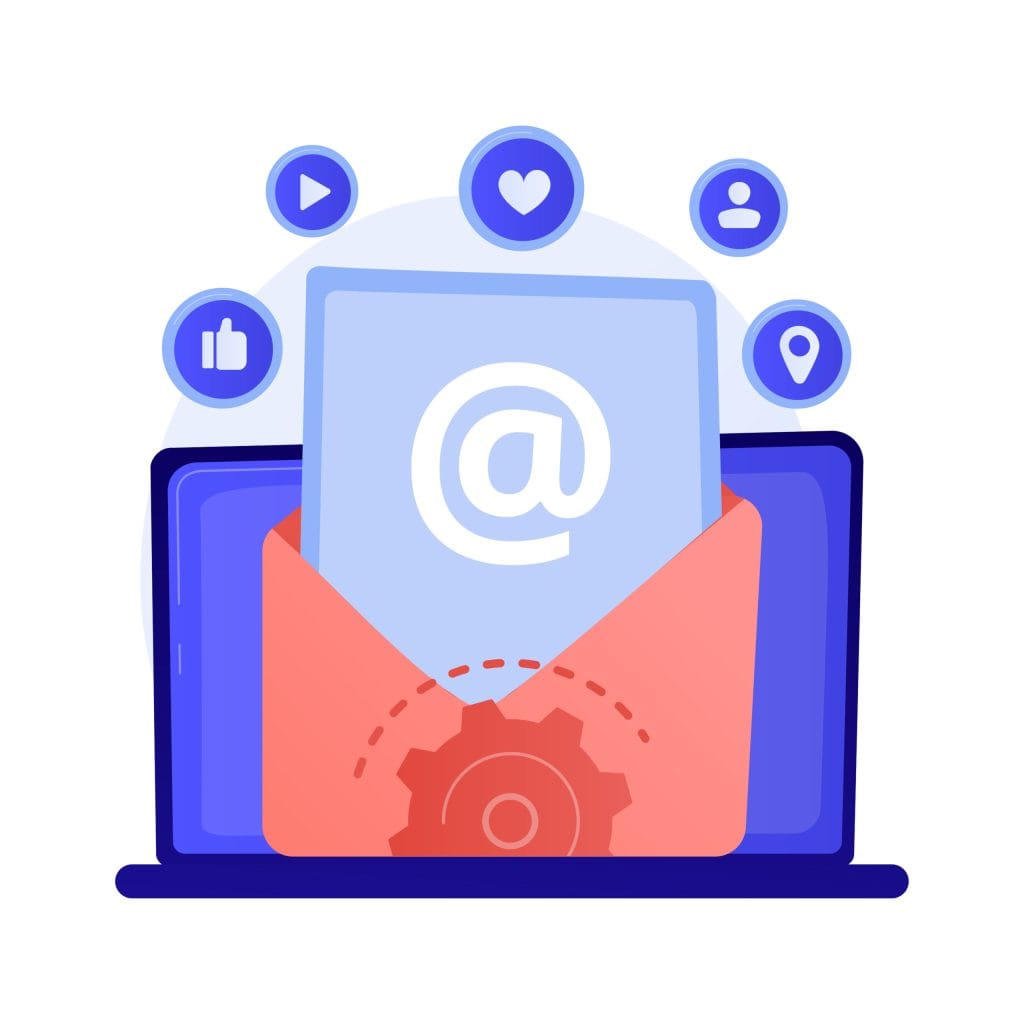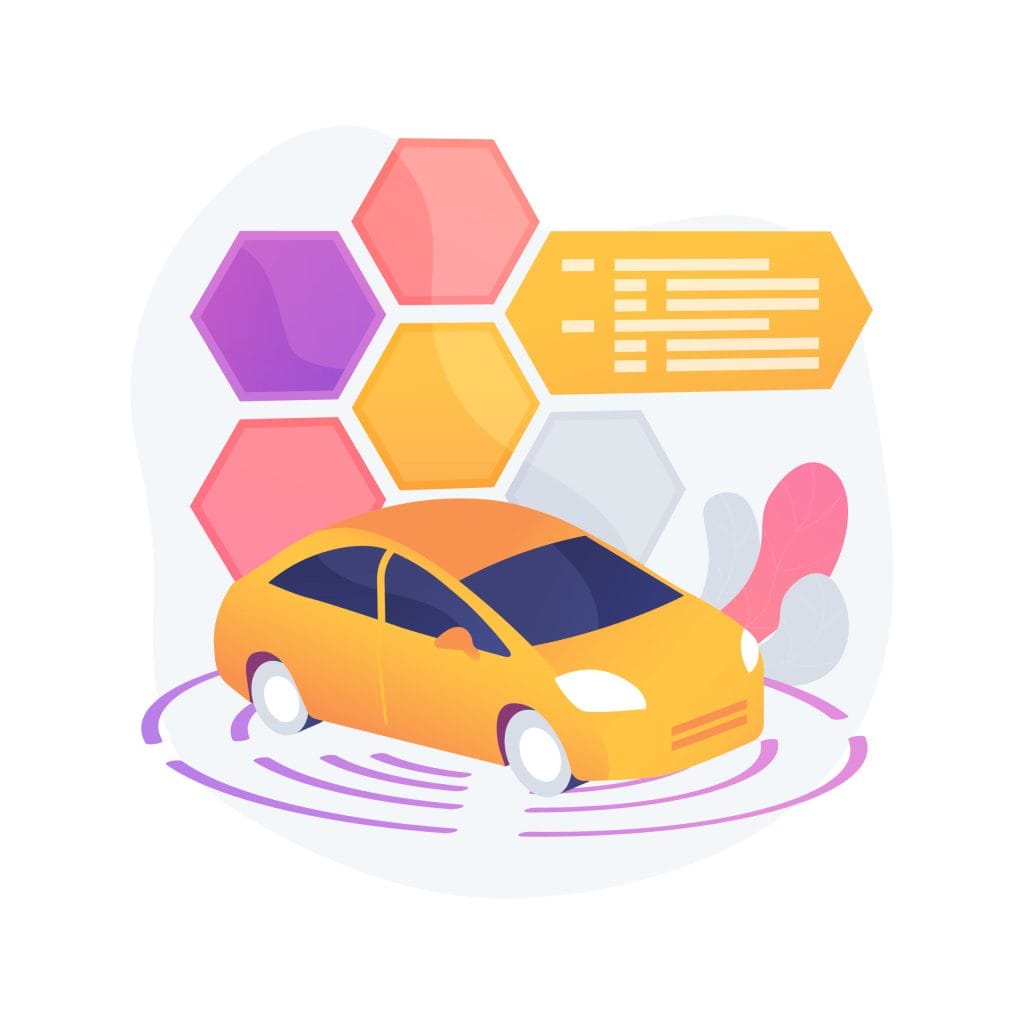Key Elements of AI-Related Contracts in the Wake of Emerging Regulations

As Artificial Intelligence (AI) cements its role as a cornerstone of innovation across various sectors, the legal frameworks governing its use are rapidly evolving. The landscape is abuzz with legislative developments, such as the proposed AI Act by the European Union and the Biden administration executive order on AI. As lawmakers and industry leaders shape new AI regulations and ethical guidelines, the complexity of AI-related contracts is on the rise. In this article, we’ll explore the key elements that your AI-related contracts should include to be as robust as they are compliant.
Generative AI: Opportunities, Threats, and Legal Considerations

In the bustling streets of European cities, behind the screens of tech hubs in Berlin, Paris, and Stockholm, a new technological marvel is taking shape: Generative AI. As businesses across the continent explore the vast potential of this technology, understanding its legal implications is a must. What is special about Generative AI? What legal concerns does it bring? Let’s explore this transformative technology and its implications in the European landscape.
Retargeting in Personalised Ads: Balancing E-commerce Strategies with Data Protection

In the digital space, e-commerce platforms are leveraging personalised advertising to enhance customer experiences and boost sales. Retargeting, a form of personalised advertising, has become a game changer, enabling businesses to re-engage potential customers by displaying ads based on their previous online activities. While this approach can significantly uplift conversion rates, it also entails critical considerations regarding data protection and privacy compliance, notably in the light of the General Data Protection Regulation (GDPR).
GDPR, e-Commerce, and Collective Actions in 2023

The year 2023 has marked a significant uptick in GDPR fines, making it the year with the highest penalties for data protection violations. While the world is abuzz with high-profile GDPR fines against tech giants like Meta and Google, it’s crucial to understand that smaller companies are also under regulatory scrutiny.
THE LEGAL IMPLICATIONS OF AI IN SOFTWARE DEVELOPMENT

In today’s evolving technological landscape, Artificial Intelligence (AI) stands out as a revolutionary force, reshaping industries and redefining the boundaries of what’s possible. For software companies, AI offers unprecedented opportunities for innovation. However, with these opportunities come intricate legal challenges that every software company must be prepared to navigate.
Open-Source Licenses: A Guide for Businesses

Within the world of open-source software, every line of code comes with its own set of rules. Whether you’re an innovative startup crafting the next big app or a seasoned enterprise integrating third-party solutions, understanding the nuances of open-source licenses is paramount. This article is here to help you understand the most popular licenses, their implications, and the practicalities that businesses often overlook. Navigate with confidence and chart a course to licensing clarity.
Mastering Email Marketing: Legal Compliance of Marketing Communications

Email marketing is a powerful business tool for connecting with audiences, boosting brand awareness, and driving sales. However, it’s crucial to assess and handle personal data protection issues carefully when using this strategy.
Mastering Cloud-Based Computing Service Contracts: Expert Tips
In the dynamic landscape of cloud-based computing services, organisations have come to rely on the flexibility and scalability offered by various models, such as Software as a Service (SaaS), Platform as a Service (PaaS), and Infrastructure as a Service (IaaS). However, alongside the advantages these services bring, negotiating contracts that accurately reflect the unique aspects of each model is crucial. This article delves into the differences between SaaS, PaaS, and IaaS, explores the challenges in contract negotiations, highlights essential contractual provisions, and provides practical tips to navigate these complexities effectively.
Navigating Liability in IoT and Autonomous Vehicle Contracts: Practical Tips for Effective Risk Management

Revolutionary technologies such as the Internet of Things (IoT) and autonomous vehicles are reshaping industries worldwide. As these innovations advance, understanding and managing liability in contracts becomes paramount for all stakeholders involved. In this article, we provide practical tips to help businesses successfully navigate liability issues within IoT and autonomous vehicle commercial contracts.